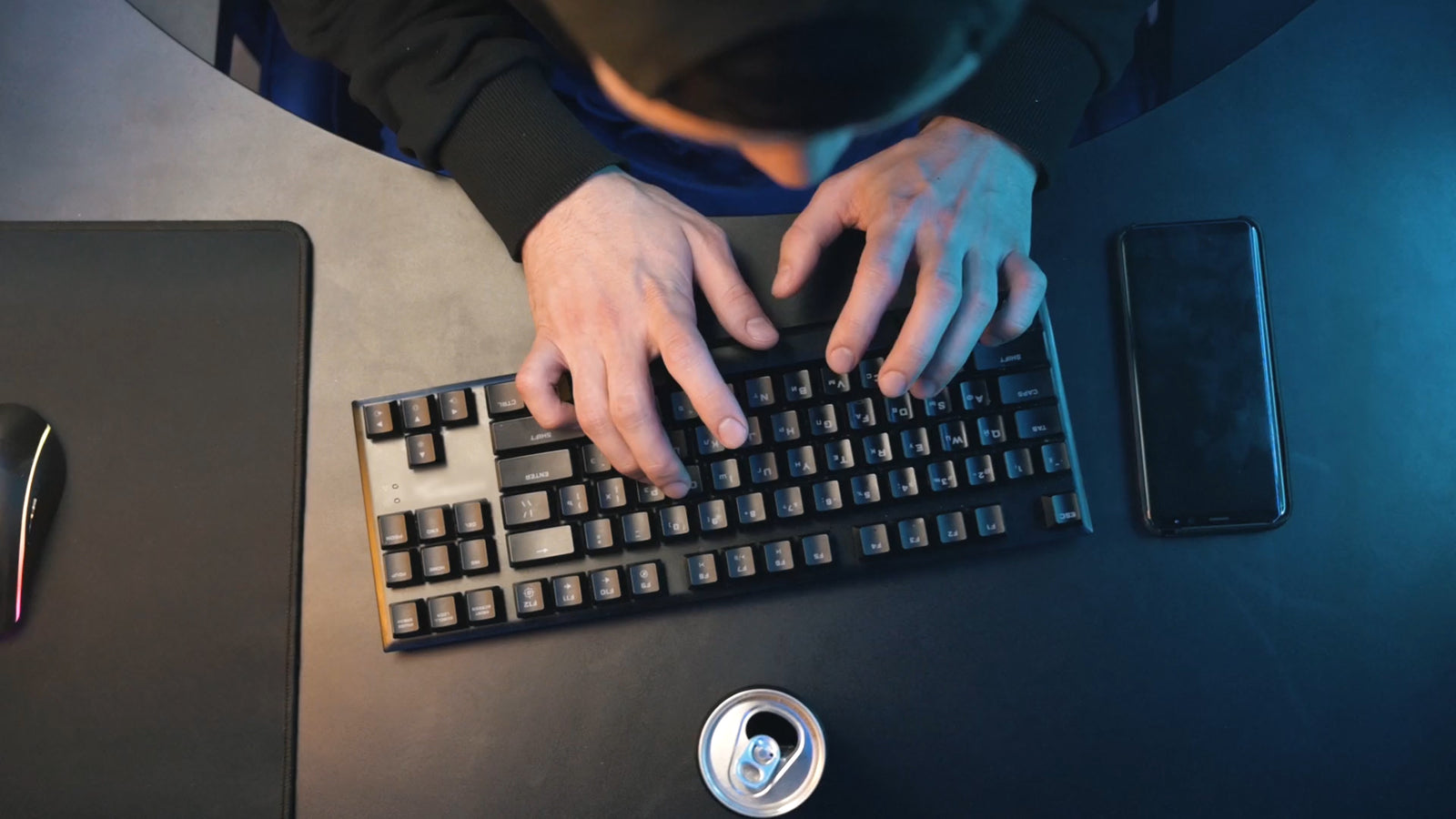How to Change Switches on a Hot-Swappable Mechanical Keyboard?
Mechanical keyboards are becoming increasingly popular with individuals who engage in extensive typing activities, including writers, programmers, and gamers. One common assertion is that mechanical keyboards can boost typing speed. This article investigates the validity of that claim.

Understanding Mechanical Keyboards' Distinctions
To determine if mechanical keyboards indeed enhance typing speed, it's crucial to first understand how they differ from other keyboard types. Unlike the traditional rubber dome or membrane keyboards, mechanical keyboards are equipped with individual mechanical switches for each key. Each key operates independently with its own spring and mechanism, which provides tactile feedback and a noticeable click sound when pressed. This tactile sensation and the reduced actuation distance can lead to more precise and comfortable typing.
Impact on Typing Speed
Research supports that the tactile feedback and reduced actuation distance provided by mechanical switches can potentially improve typing speed and accuracy. A study by Texas A&M University observed that subjects using mechanical keyboards typed up to 7% quicker than those using conventional keyboards. Further, a survey by Keychatter revealed that users of mechanical keyboards averaged a typing speed of 101 words per minute, surpassing the 84 words per minute recorded by users of non-mechanical keyboards.
The distinct tactile feedback from mechanical switches also contributes to higher typing accuracy. Traditional keyboards sometimes make it challenging to discern if a key has been fully pressed, leading to missed keystrokes and errors. The clear feedback from mechanical switches enables users to feel each keystroke, thereby reducing errors and potentially increasing typing efficiency.
Other Factors Influencing Typing Speed
It's essential to acknowledge that simply using a mechanical keyboard will not instantaneously make someone a faster typist. Regular practice and appropriate training are crucial for enhancing typing speed and accuracy. Employing correct typing methods, such as maintaining fingers on the home row and minimizing unnecessary finger movements, is also vital for effective typing.
Conclusion
There is substantial evidence suggesting that mechanical keyboards can improve typing speed and accuracy due to their tactile feedback and reduced actuation distance, which can make typing more enjoyable and precise. Nevertheless, it's important to recognize that using a mechanical keyboard alone is not a guaranteed fix for faster typing. A combination of practice, proper training, and correct typing techniques is equally important for achieving optimal typing performance.

